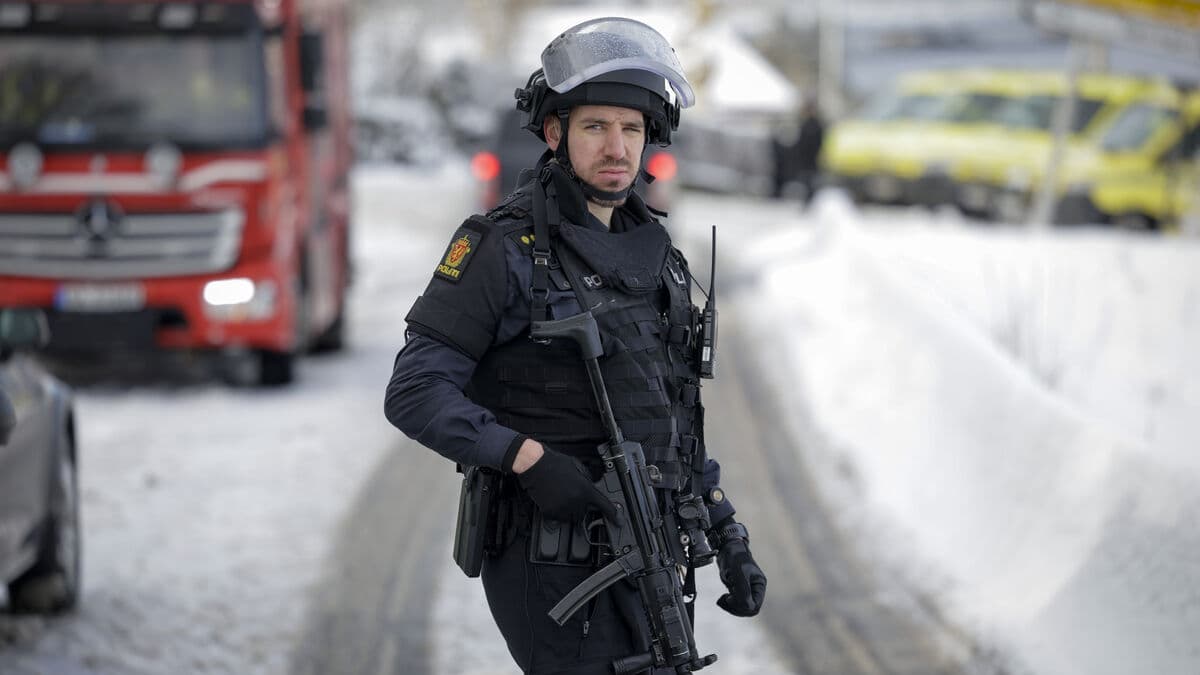The decision was made early on Friday at a meeting with the security cabinet, the Israeli government's inner circle.
Earlier in the week, there have been reports that Israel would focus on taking control of the entire Gaza Strip, but now it appears to be about conquering and taking full control of Gaza City, which is currently believed to have around one million inhabitants.
"The security cabinet has approved the prime minister's proposal to defeat Hamas," it says in a press release.
The Israeli defense "will prepare to take control of the city of Gaza and distribute humanitarian aid to the civilian population outside the combat zones".
Hostages in danger
The plan is, however, controversial. The Israeli military has, according to media reports, been critical of the strategy and pointed out that such an offensive would put the remaining, around 20, people being held as hostages by the Palestinian Hamas at great risk.
And opposition leader Yair Lapid does not mince words in his reaction. Implementing the plan "would take many months, lead to the death of the hostages, the death of many soldiers, cost Israeli taxpayers tens of billions and lead to a political collapse", he writes on X.
Falling into a trap
As Lapid sees it, Netanyahu is falling into Hamas' trap with this. "This is exactly what Hamas wants: for Israel to get stuck in a place without purpose, without a clear picture of the next step, in a meaningless occupation that no one understands where it will lead".
However, the Israeli prime minister claims that the occupation will be temporary at most. Before the cabinet meeting, he said that Israel will "remove" Hamas from Gaza and "hand over the area to a government that is not Hamas or anyone who advocates for Israel's destruction”.
Hamas has called Netanyahu's plans "a shameless coup" against the negotiations for a ceasefire, and threatened that the action will affect the Israeli hostages.
Great risks
Israel already controls about three-quarters of the war-torn Gaza Strip. A larger ground operation risks displacing hundreds of thousands of people again and further disrupting the possibility of delivering emergency aid.
It puts the civilian population of Gaza in an even more precarious situation, since the majority live in these 25 percent that Israel now wants to take over, said Middle East expert Anders Persson, political scientist at Linnaeus University, to TT on Thursday.
Israel's security cabinet formulated a five-point list at its meeting that could lead to the end of the Gaza war: 1. Hamas is disarmed. 2. All hostages are returned – both the living and the dead. 3. The Gaza Strip is demilitarized. 4. Israel controls security in the Gaza Strip. 5. An alternative civilian government, with neither Hamas nor the Palestinian Authority (PA), is established. Source: Israeli government press release






